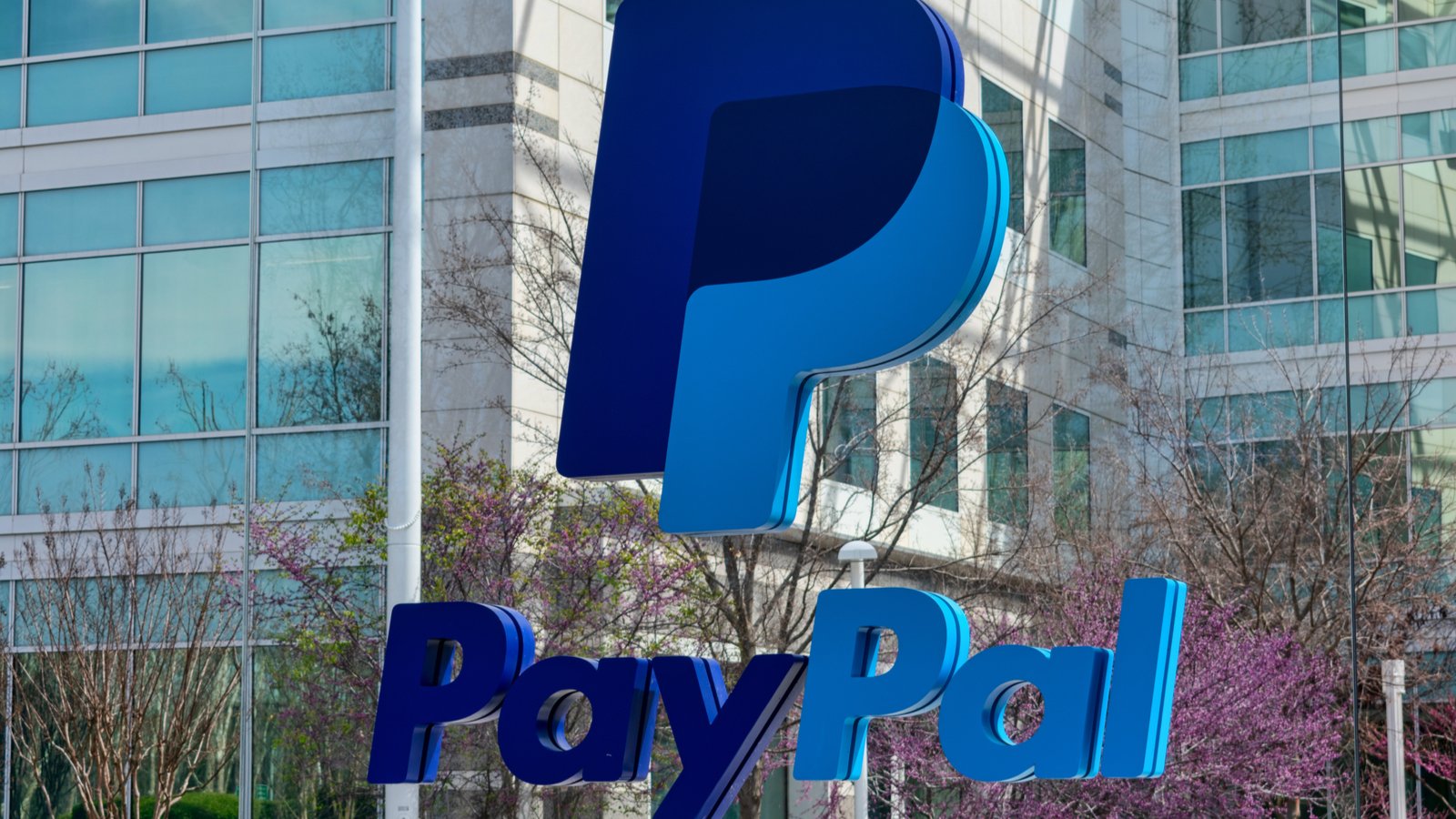
PayPal (NASDAQ:PYPL) is one of the most well-known and widely used online payment platforms in the world. Founded in 1998, PayPal started as a way to facilitate online transactions between individuals and businesses. Over the years, PayPal has evolved into a global leader in digital payments, offering a range of products and services that cater to different needs and preferences of consumers and merchants.
While a number of other players, including Apple (NASDAQ:AAPL), Google (NASDAQ:GOOG) and Block (NASDAQ:SQ), have entered the payments space, PayPal is still good company to bet on for the long-term. Below are three reasons why.
PayPal still has a strong, diverse business
PayPal has a strong competitive advantage as a legacy player in the online payment industry. With over 428 million active accounts worldwide as of their Q3 earnings print, PayPal has a huge customer base that generates consistent and recurring revenue for the company. Moreover, total payment value (TPV) on PayPal’s platform increased 13% on a foreign-exchange neutral YoY basis, despite consumers and the U.S. economy in general being in a tougher spot these days due to elevated interest rates.
PayPal’s user base is definitely large and given TPV increased significantly, that tells us they are still very much engaged with the platform, with an average of 57 transactions per account over the past 12 months. Ultimately, PayPal can leverage its massive network to offer more value-added services and features to its customers, such as rewards, cashback, discounts, and more. Lastly, PayPal can also cross-sell and upsell its other products and services, such as Venmo, PayPal Credit and Braintree.
New CEO Alex Chriss could bring promising change
In September, PayPal announced its former CEO Dan Shulman would resign after heading the company for nearly a decade. In doing so, they also revealed a new CEO who could continue driving innovation and growth for the company. Alex Chriss took over as the chief executive officer of PayPal in Oct. 2023, after serving as the lead executive for Intuit’s (NASDAQ:INTU) small business and self-employed group.
Chriss effectively steered Intuit through its $12 billion acquisition of Mailchimp, a marketing platform, and he could execute on a game-changing vision and strategy in the rapidly changing digital payment landscape. While the economy continues to deal with the aftershock of elevated rates, Chriss and the rest of the PayPal management team will continue to keep down and margins up. However, as the economy picks up steam, investors should be eager to see what strategy the new CEO has in store for the legacy online payments behemoth.
PYPL is sitting at an attractive valuation
PayPal has an attractive valuation that reflects its growth potential. As of November 2023, the company’s stock price is trading around $58.5 a share, which gives it a market capitalization of $60.8 billion. Thus far, shares have fallen nearly 18% since the start of the year. A lot of this most likely had to do with investor uncertainty around the macroeconomic environment, which would have dampened expectations on the PayPal’s potential earnings.
Fortunately, from a macroeconomic perspective, things appear as though they could be improving. The global economy is likely to avoid a recession, and many believe interest rates have peaked since recent economic data has pointed to inflation coming under control. This should come as good news to investors looking for an inexpensive stock with immense growth potential. PayPal only trades at 7.8x forward earnings, and now could be a good time to buy in.
On the date of publication, Tyrik Torres did not have (either directly or indirectly) any positions in the securities mentioned in this article. The opinions expressed in this article are those of the writer, subject to the InvestorPlace.com Publishing Guidelines.






